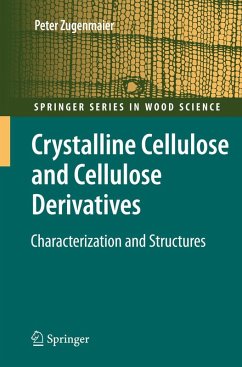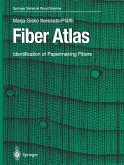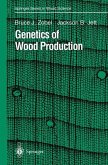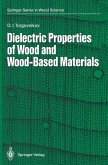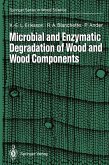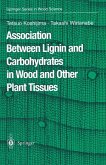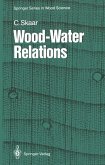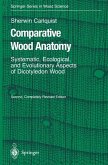"On making many books there is no end" but we trust that no excuse is needed for the present work. The subject of cellulose chemistry is among the simplest of studies, but the important advances of recent years have clarified it to such an extent that we feel the time is ripe for publishing a relatively simple book which may act as a guide to younger chemists who are entering those branches of our great industries which are concerned with cellulose. J.T. Marsh and F.C. Wood (1939) An Introduction to the Chemistry of Cellulose Recent progress in crystalline polysaccharide structure determination and the publication of numerous models of cellulose and cellulose derivatives by improved methods made a critical and up-to-date survey of structures and characterization of cellulose possible and necessary. Structural evaluations by refined experimental and computer-aided modeling represent the prerequisite for many research and testing areas of cellulosic materials, e.g., for establishing structure-property relationships (tensile strength, sorption, solubility , etc.), chemical reactivity and derivatization as well as the composition of cell wall materials and the orientation of microfibrils in cellulose fibers. Modern materials science needs tailored materials, linked to the structure for improvements and for new developments. The active species for enantiomeric separation in gel permeation chromatography columns are, e.g., microcrystalline cellulose derivative beads of a particular structure, which produce optimal results.
Bitte wählen Sie Ihr Anliegen aus.
Rechnungen
Retourenschein anfordern
Bestellstatus
Storno

